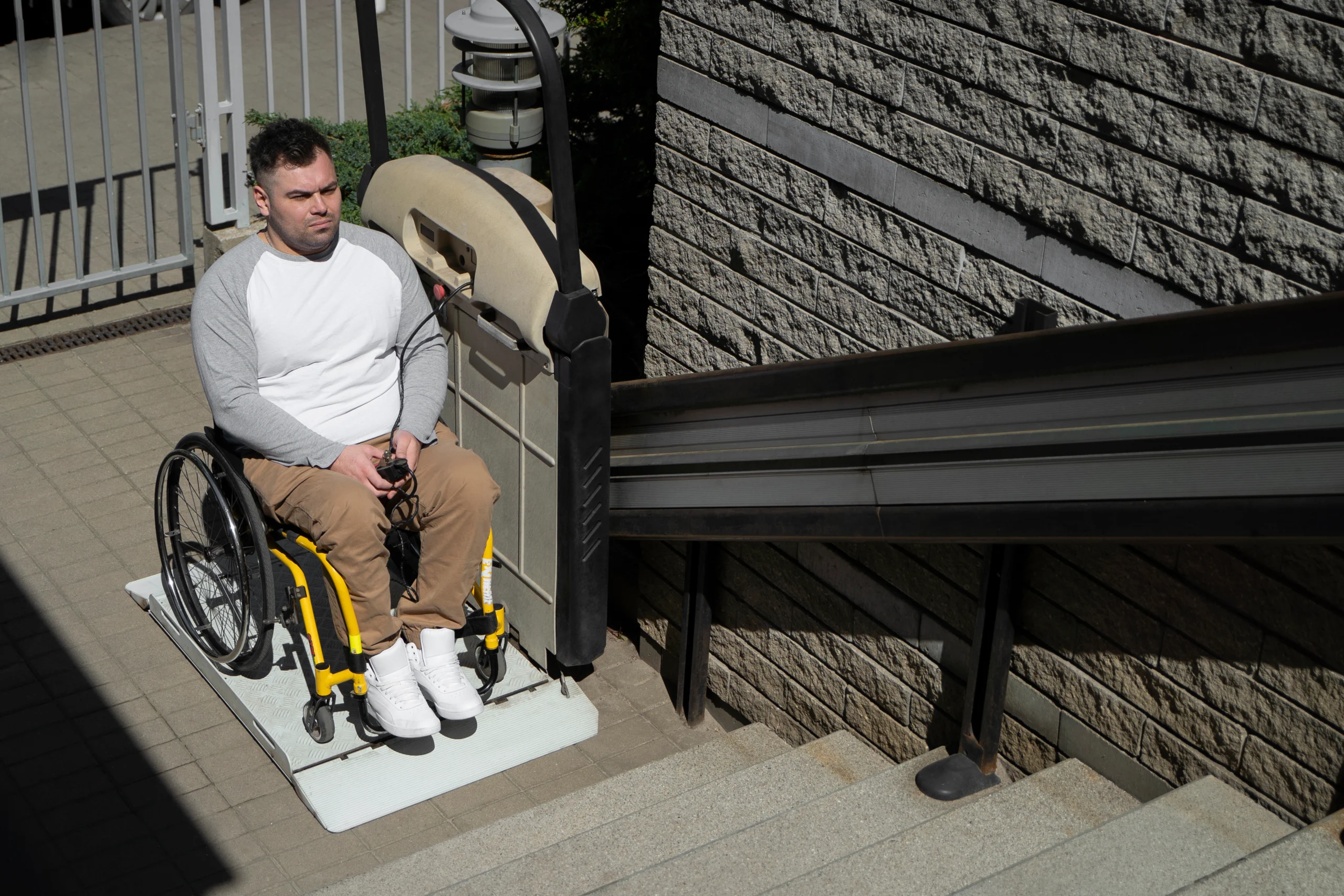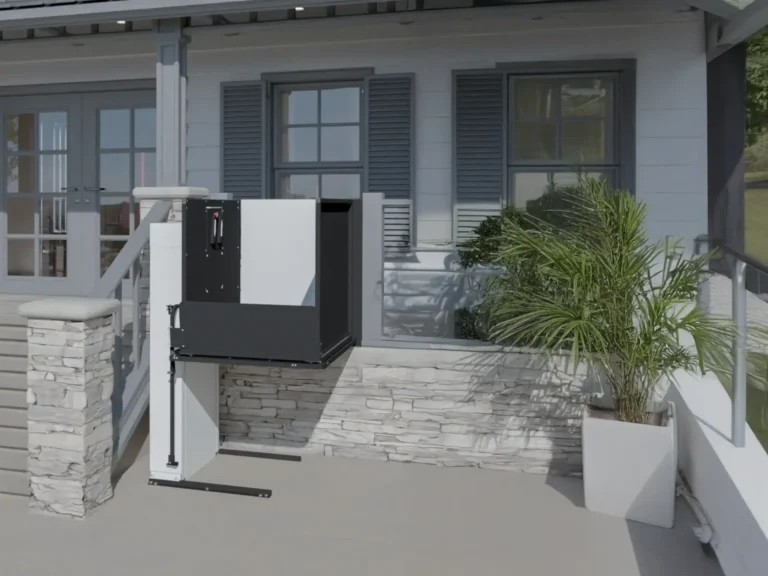As Michigan’s population continues to age, the demand for safe, accessible homes is rising fast. Seniors and individuals with disabilities need more than just comfort—they need smart home accessibility solutions that empower them to live safely and independently.
ADA home modifications are essential for ensuring that homes meet both legal standards and practical needs. Whether it’s widening a doorway, installing a ramp, or making bathrooms safer, every change makes a big difference.
This guide covers the most effective home accessibility solutions for Michigan residents, from ADA-compliant ramps to crucial interior modifications. If you’re considering making your home more accessible, this article is your starting point.
Why Accessibility Matters in Residential Living
Daily routines—getting in the door, climbing stairs, or even using the bathroom—can become obstacles for seniors and people with mobility issues. Without proper accessibility solutions, simple tasks can turn risky or impossible.
That’s where smart home accessibility solutions come in. They don’t just reduce the risk of injury—they restore independence and improve quality of life.
In Michigan, various support programs and grants are available to assist homeowners in making these vital changes. Investing in accessibility is not just practical—it’s empowering.
ADA-Compliant Ramps for Safer Entryways
A safe home starts at the entrance. An ADA compliant ramp ensures smooth, secure access for wheelchair users and those with mobility challenges. To meet ADA standards, ramps must follow a 1:12 slope ratio, have sturdy handrails, non-slip surfaces, and landings at both the top and bottom.
There are two main types of ADA ramps for homes: permanent and portable. Permanent ramps (wood, aluminum, or concrete) work well for year-round access, especially in Michigan’s icy winters. Portable ramps are ideal for temporary needs or limited spaces.
Handicap ramp installation costs can vary based on size and materials, but many Michigan-based installers offer financing or help navigating grant programs. In the end, a properly installed ramp is a game-changer for safety and compliance.
Installing a Ramp for Home Wheelchair Accessibility
Choosing the right ramp for home wheelchair access means balancing durability, cost, and weather resistance. Aluminum ramps are lightweight and rust-resistant—great for Michigan’s wet seasons. Wood offers a natural look but needs regular upkeep. Concrete is the most permanent but comes with higher installation costs.
Reliable handicap ramp installation involves more than just putting down materials. Look for local providers who understand Michigan’s building codes, ADA requirements, and climate conditions. The right installer will ensure your ramp is safe, compliant, and built to last.
Other Essential ADA Home Modifications
Beyond ramps, there are several crucial ADA home modifications every accessible home should consider:
- Grab bars in bathrooms for added stability
- Walk-in tubs or showers with low thresholds
- Widened doorways to accommodate wheelchairs
- Stair lifts for multi-level homes
- Lever-style doorknobs that are easier to use
These home accessibility solutions improve safety and ease throughout the house. Customized options are also available for people with cognitive disabilities or progressive conditions. The key is aligning every modification with ADA standards while tailoring the home to individual needs.
Choosing the Right Accessibility Partner in Michigan
Finding a trusted provider for accessibility solutions in Michigan is critical. Start by looking for companies with certifications in ADA compliance, strong customer reviews, and years of hands-on experience.
Ask if they offer free evaluations or home accessibility audits. The best providers don’t just sell products—they offer complete solutions, from consultation to handicap ramp installation and beyond.
Make sure you’re working with a team that understands your unique needs and offers solutions that work for Michigan’s climate and housing types.
Final Thoughts
Investing in the right home accessibility solutions can make a home safer, more comfortable, and empowering for seniors and people with disabilities. From ADA ramps for homes to interior upgrades, these changes are more than improvements—they’re life-changing. If you’re in Michigan, don’t wait. Start exploring ADA home modifications and find a partner who can bring accessibility, safety, and peace of mind into your home – now and for the years ahead.


